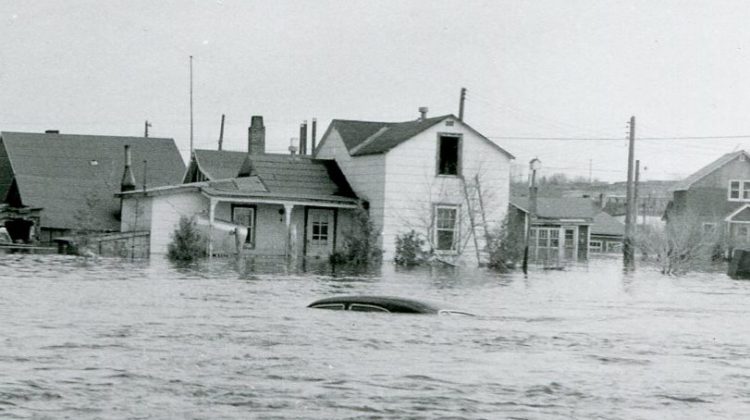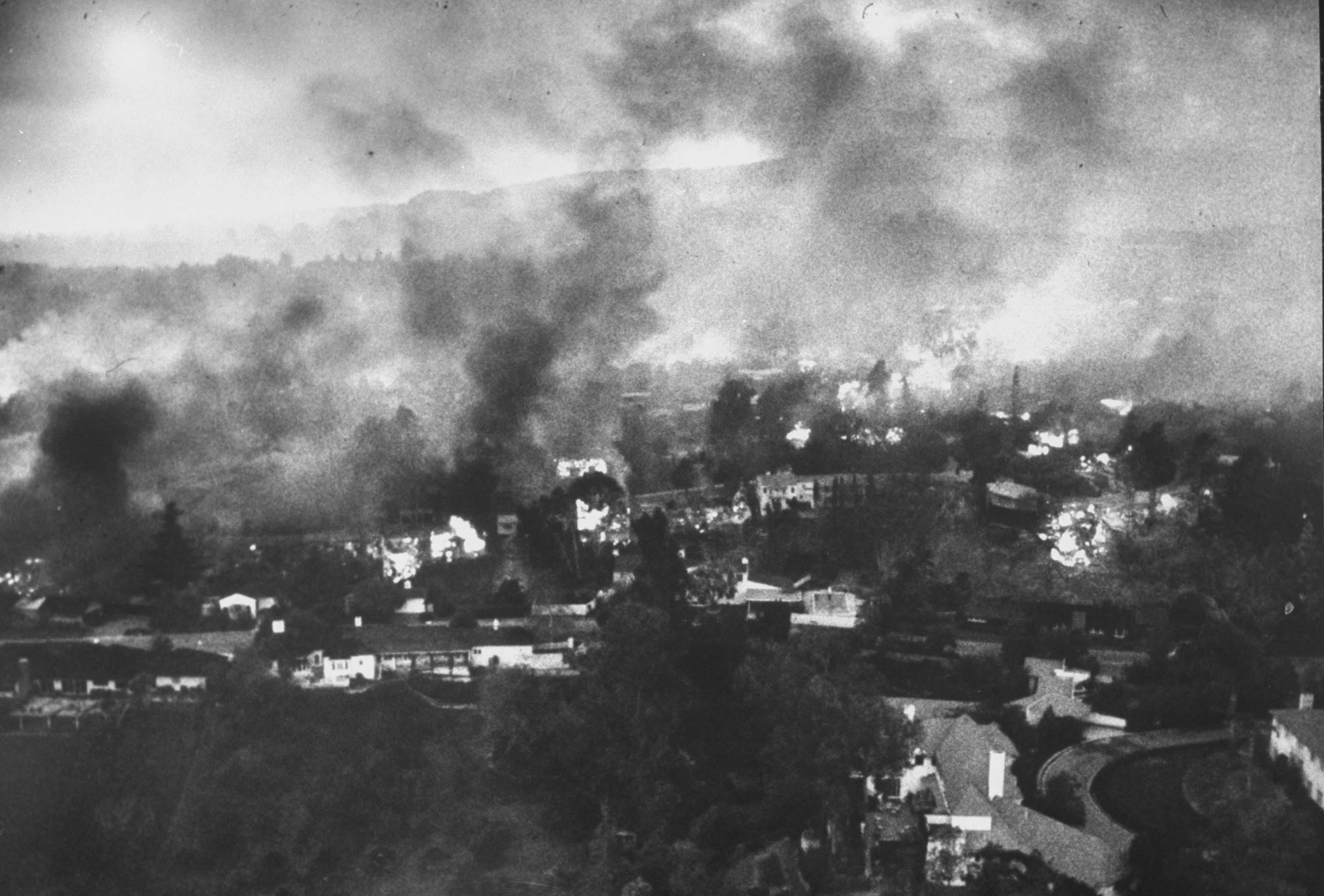By Paul Homewood
Ben Rich’s Climate Check begins:
“If anywhere in the world sums up a year of extreme weather, it’s Canada.”
This is highly ironic, because he could have used exactly the same introduction for the Climate Check of 1961!
The drought that summer in the Canadian prairies was reckoned at the time to be even worse than the dustbowl years of the 1930s. Many places had received no proper rainfall for a year and a half, and harvests were completely devastated.
https://www.cbc.ca/archives/entry/1961-drought-worse-than-the-30s
Wildfires burned millions of acres across much of Canada in what was called the The Angriest Summer:

https://archive.macleans.ca/article/1961/9/9/1961-summer-of-the-angry-forest-fires
To cap it off, flash floods killed a family of five in Timmins’ Ontario in August, following six inches of rain in 12 hours:

Timmins, Ontario – August 1961
https://www.mytimminsnow.com/55741/timmins-history-a-tragic-flood-in-1961/
Catastrophic floods hit many parts of the world that year.
New South Wales suffered some of the worst floods in its history in November 1961, probably only surpassed by the ones in 1900. The Nepean Times reported:
“During a week of rain, to yesterday, in which 474mm of rain were recorded at the post office, Penrith received half its annual rainfall on two days…”
https://westernweekender.com.au/2021/03/flashback-penriths-disastrous-1961-flood/
In the very same week, the BBC was reporting on flood-stricken Somalia:
It is thought that over 200 people have drowned and about 230 villages have been destroyed in this area alone. Unconfirmed reports put the number of homeless at 300,000.
Outbreaks of malaria, dysentery, rheumatic fever and influenza have been reported in a number of places. Somalia’s public health adviser, Mohammed Naqi, warned of a possible typhoid epidemic.
The worst of the flooding was caused when the two main rivers, the Shabelle and the Juba, broke their banks and merged in a vast flood plain 12 km wide.
The torrent of water submerged vast tracts of land, tore out communications, marooned towns and villages, destroyed homes and livestock, and ruined banana plantations.
Throughout the country, roads and airstrips are under water, making the task of moving food and medical supplies almost impossible.
The Prime Minister, Dr Abdi Rashid Shirmarke, made a desperate plea for help at a news conference six days ago.
He said nearly all Somalia’s food crops have been destroyed, and said food will have to be found for about 600,000 people for eight months, until the next harvest.
http://news.bbc.co.uk/onthisday/hi/dates/stories/november/27/newsid_3230000/3230711.stm
And the USA was also badly affected by flooding in 1961.What were described as “widespread, prolonged and disastrous” floods hit Mississippi, Louisiana and Alabama in February and March.
This was followed by extensive flooding in the Midwest in May, and heavy flooding in Idaho in June.The most tragic flood of the year was in July in Charleston, West Virginia when a small area cloudburst flood caused 22 deaths.
Severe flooding also occurred in December in Mississippi, Louisiana, and Alabama.
The worst floods that year in the USA were brought by Hurricane Carla in September, a Cat 4 storm with winds of 170mph, which left a trail of devastation from Texas to Illinois, including 34 dead, 1900 homes destroyed and a record number of tornadoes, including one of only two EF-4s ever observed in a hurricane.
The Atlantic hurricane season in 1961 saw two Cat 5s, Esther and Hattie, making it one of only seven Atlantic hurricane seasons to feature multiple Category 5 hurricanes in one season. Hattie devastated Belize City, damaging 70% of the buildings there. The damage was so severe that it prompted the government to relocate inland to a new city, Belmopan.
Drought in China between 1959 and 1961 triggered the great famine, when an estimated 30 million starved to death. Although the death toll was largely a result of Mao’s Great Leap Forward, drought certainly played a part.
And to cap it all, there were wildfires in California:

Fire burns in the Bel Air community in November 1961
It is fraudulent for the BBC to suggest that the weather this year has been any more extreme than in years past.

![image_thumb[2] image_thumb[2]](https://notalotofpeopleknowthat.files.wordpress.com/2021/12/image_thumb2_thumb.png?w=600&h=486)





